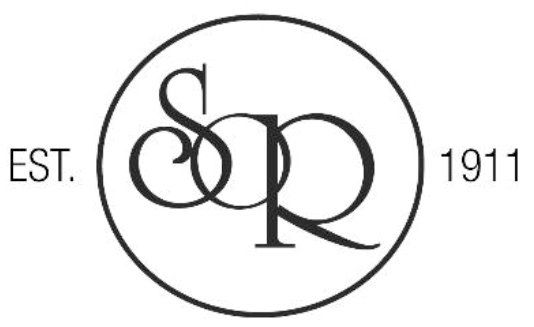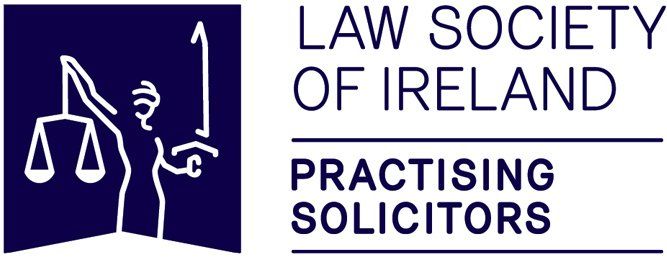A case came before the High Court for a Norwich Pharmacal Order. This order is defined as:
‘A Norwich Pharmacal Order (NPO) in Ireland is a legal order granted by the court to compel a third party to disclose information that can help identify a wrongdoer. It's an exception to the general rule that discovery (obtaining information) is only allowed after proceedings are closed. Essentially, it's a way to uncover information from someone who might be unknowingly involved in wrongful actions by others’.
The case before the court was to do with Internet fraud, where the applicant was seeking an order for a bank to disclose the photo ID of a person who may have information in regard to the alleged fraud.
The applicant was a French citizen residing in France and who responded to an ad in social media in 2021 for an investment opportunity. Following engagement with a ‘Mr Becker’ who purported to be a representative of Skandia Bank in Berlin, the applicant invested €280,000 in what he believed were investment vehicles to acquire care home facilities in Spain. The applicant proceeded to make money transfers to various bank accounts in Spain. In total the applicant invested €1.5 million.
Later that year, the plaintiff was contacted by a ‘Mr Lemercier’, purportedly a representative of Santander Bank in Paris, who advised that the investment opportunity availed of by the plaintiff was fraudulent and that he should withdraw the investments. The applicant realised that he was a victim of fraud and tried to contact the ‘Mr. Lemercier’ at the bank, but he was informed that no person of that name worked for the bank.
Despite lodging criminal complaints with criminal authorities in a number of EU countries, the identities of both Mr Becker and Mr Lemercier were unknown.
The applicant sought orders requiring the defendant company to provide information to assist him in identifying unknown individuals, including inter alia the names, addresses, dates of birth, email addresses and telephone numbers of the persons who opened the Irish bank accounts and any beneficiaries of those accounts, details of all transactions and payments made into or out of those accounts, and copies of the documentation used to open the accounts including identity verification documentation.
The defendant company consented to all reliefs except for the provision of ID documentation.
So, the issue before the court concerned compelling the defendant to release the photo ID of the person or persons who opened the bank accounts whereupon the applicant hoped he could trace the money stolen.
The judge considered the case law and the principles relating to Norwich Pharmacal orders (NPOs) and Bankers Trust orders. He was satisfied the case fell under the NPO equitable relief and in Ireland Megaleasing UK Ltd. v Barrett [1993] ILRM 497 approved the original case establishing the UK case of NPO of Norwich Pharmacal Co. v Commissioners of Customs and Excise [1974] AC 133. Under such a case an NPO compels a defendant to provide specified information that would assist to identify a third party who has committed an actionable wrong against a plaintiff and places a plaintiff in a position to identify and seek redress against a previously unknown wrongdoer.
Considering the issues in this case, the judge observed ‘Cybercrime is a growing threat to the worldwide economy, but particularly, the economies of the western world. There is little doubt that the plaintiff has been the victim of a concerted cybercrime involving multiple subterfuges.” And ‘In this case, a picture or photo of the individual who opened the account, will be of far greater assistance in leading to the location or preservation of the plaintiff’s money than simply, a name, address or e-mail with contact details.”
The defendant submitted that it was not necessary to bring a claim for the ID documentation but the judge disagreed stating: “While I appreciate there is no Irish authority to support the proposition, it seems to me to be an extension of the equitable jurisdiction and to coin a phrase often used in equitable cases, it seems to be ‘just and convenient’.
Decision
The judge found that the refusal of the application would significantly disfavour the applicant and that the applicant’s interests in obtaining the order were far greater than any detriment arising to the defendant in relation to confidentiality and the European Convention on Human Rights. The court considered that it was difficult to see what detriment would arise in circumstances where the applicant is obliged to give appropriate undertakings.
The judge commented that the delay in bringing the application was not fatal and deemed the provision of photographic-type documentation appropriate in the circumstances, and thus granted the orders sought.
Jean Pierre Boulbet v Sumup Limited [2025] IEHC 285.

